INNOVATIVE TEACHING SHOWCASE
WWU Profiles
While only three instructors can be fully featured each year in the Innovative Teaching Showcase, clearly there are many educators doing the essential work of this year's theme: Inquiry-based Learning. This year's Showcase includes this Profiles section to provide a more complete picture of the work WWU instructors are doing and to inspire others to try inquiry-based teaching strategies (see also, Ideas) such as those implemented by our WWU colleagues.
Stella Hutson
Department of Health and Human Development
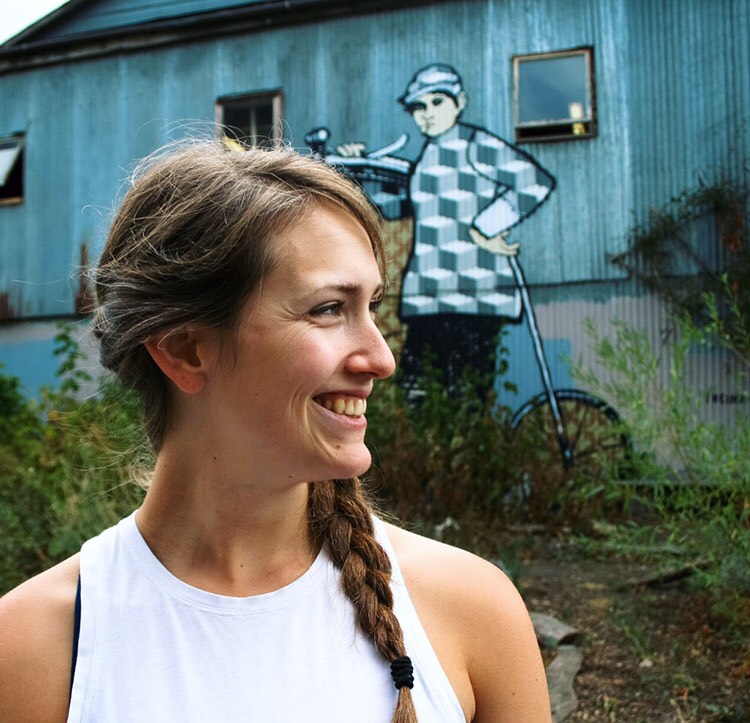
A single credit PE course may not sound like a likely place for inquiry, however the essence of yoga is to expand off your mat and into the world. In Intermediate Yoga 106, students continuously excavate the questions; 'how does this show up on your mat? How does this show up in your life?'. Just as yoga is more than exercise, this course is more than callisthenic instruction, it's about life skills and it's about students discovering the work for themselves.
Contact Info:
Stella.Hutson@wwu.edu
Andy Klein
Department of Engineering and Design
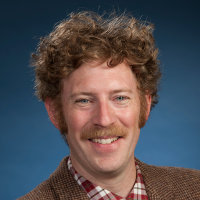
While teaching a wide range of topics and courses, Andy’s expertise lies on the "systems" side of electrical engineering, including courses in signal processing, control systems, random processes, communication systems, and networking. He believes in the value of inquiry-based, project-enhanced learning environments, and he attempts to cultivate such environments in all of his courses.
- EE 360: Communication Systems
- Students are asked to predict, observe, and explain a specific physical situation while they collaborate together actively, discussing ideas to work toward a consensus understanding. The goal is to recognize how students know what they know, rather than just getting “the answer.”
- Inquiry-based labs pose questions to students and prompt them to develop their own procedure to discover one of many possible answers. Inquiry-based labs use hands-on learning to introduce communication systems to students in the first week of a communications course.
- Instructor(s) approach students with questions.
George "Pinky" Nelson
Department of Physics and Astronomy, NCSOP
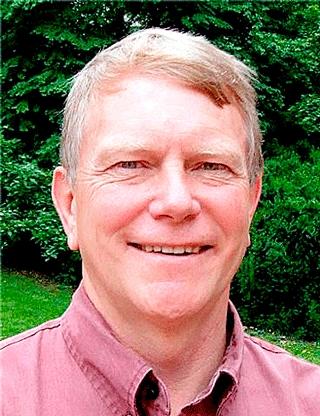
George "Pinky" Nelson laid the foundation for the work that has developed in the Science Education Program at WWU (see this year's SMATE Team) and across Washington State with his vision of inquiry-based science as enacted via the NSCOSP grant. NSCOSP, the North Cascades and Olympic Science Partnership was formed as an ambitious collaboration among many Washington school districts, community colleges, Western Washington University, and other educational organizations to improve science teaching and learning in both K-12 and higher education. The partnership was conceived to provide transformative learning experiences for all partners-teachers, faculty, and administrators-and build sustainable capacity for education reform. It proposed to go beyond basic structural components and take on the challenge of changing fundamental ideas about subject matter, teaching, and learning, and promote "learning through thinking." The intent was to create a positive achievement spiral where improved teaching and learning in both K-12 and higher education results in ever-increasing science competencies for all students and teachers.
For details on the grant's summer academy, teacher leader program, teacher preparation reform, faculty development, and the model, see the detailed description in the 2008-09 Innovative Teaching Showcase featuring the Teacher Education Partnership, as presented by Dr. Pinky Nelson and Carolyn Landel.
Mary Sass
Department of Management
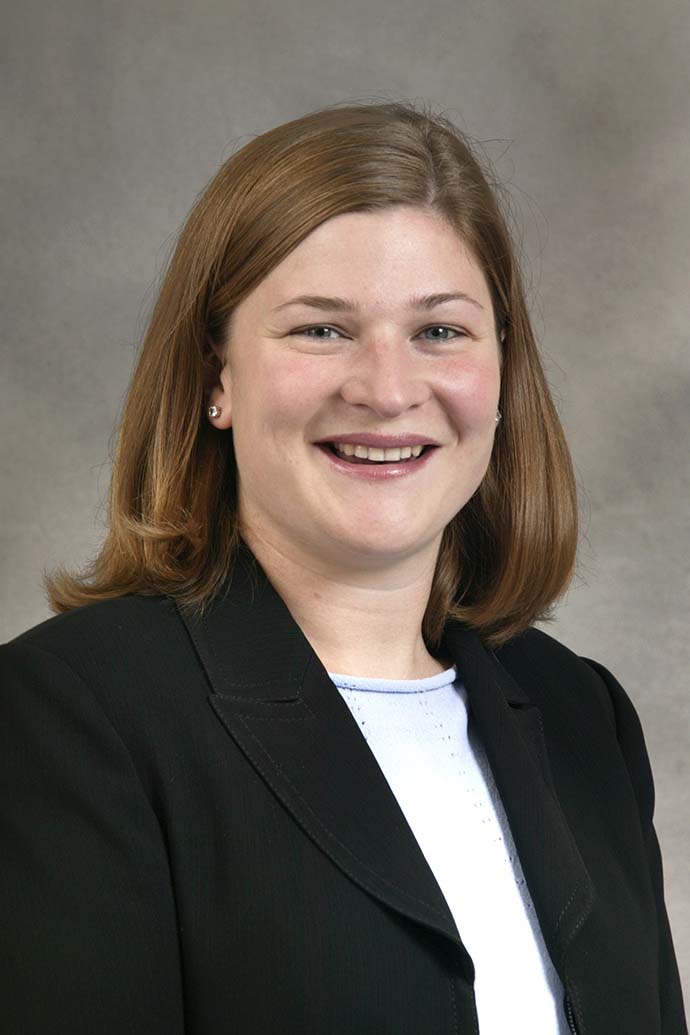
Mary's current research focuses on the impact that individual characteristics have on negotiation processes and outcomes. In addition, she is interested in further defining types of negotiation.
- MGMT 313: Teamwork Basics
- Students work in teams, and learn how to make the most of the team experience through theory and practical skills. This course provides opportunities to examine the usefulness of theory as applied to real-world practice, through comprehension, anticipation and influence of the thinking and behavior of others in organizational structure and policy.
- Students develop an understanding about human social dynamics in organizations. They are given questions and case studies requiring them to ask questions of each other to support and push each other.
- HRM 422: Human Resource Management Practicum
- This course introduces students to knowledge about human resource management (HRM) principles and policies. This course focuses on personal and professional growth through the examination of human resource management practices.
- Students participate in a team project where they act as consultants for an organization experiencing human resource management restrictions. They analyze organizational and human resource department goals in order to facilitate the development and implementation of some needed change.
- MGMT 490: Management Internship
- Management Internship provides students with an opportunity to obtain academic credit while working in a professional setting.
- Students are expected to establish a contractual agreement with an organization supervisor. This contract includes a job description, work schedule, performance evaluation procedures, and the amount of financial remuneration offered to the student (if any).
- Students are met with each week and guided through inquiry to make meaning of their experience. Students are challenged to negotiate before during and after their internship in order to make the work experience relevant.
Hilary Schwandt
Fairhaven College of Interdisciplinary Studies
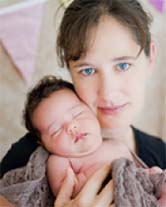
At Fairhaven, Hilary is planning on teaching courses centered around population health, such as: infectious disease, nutrition, and reproductive health.
- FAIR 201A: Critical and Reflective Inquiry Health
- Students attend the integrated research-writing offered through the Learning Commons, beginning with an inquiry question and using it to find sources and then to integrate them into a piece of writing.
- This the foundational writing course for Fairhaven students and students develop an understanding that scholarship is inquiry-driven. Students compose an inquiry-based research paper, identifying the topic area, developing the research question, and identifying the audience and sides of the argument.
- Students challenge their own and other’s definitions of health, understanding about prevention, and awareness about careers involving health in this course through reading, discussion, research, and intensive writing assignments.
- FAIR 336B: HIV and AIDs in a Global Context
- Students in this course learn the biology of HIV and AIDs as well as the social and political factors that affect the spread, positively or negatively, of HIV in a global context. Links between the biology, social, political, and historical aspects of HIV in a global context are emphasized throughout the course - as well as with other infectious diseases.
- Students engage in regular topic and reading reflections, to foster critical and analytical thinking about the topic. Students also create a film analysis project and an inquiry-based research paper.
Jim Stewart
Department of Physics
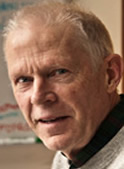
Shortly after joining the Physics Department and the Science Education Group at Western in 1987, Jim started working with Operation Physics, an NSF funded curriculum using guided inquiry and aimed at in-service teachers. Using Operation Physics, he started a residential summer program that lasted about 15 years for in-service teachers at all levels. Physics for Everyday Thinking followed from Operation Physics. It was the obvious choice to use as the basis for SCED 201. PET served as the pedagogical model for SCED 202 and 203, and this curriculum has become a national model.


